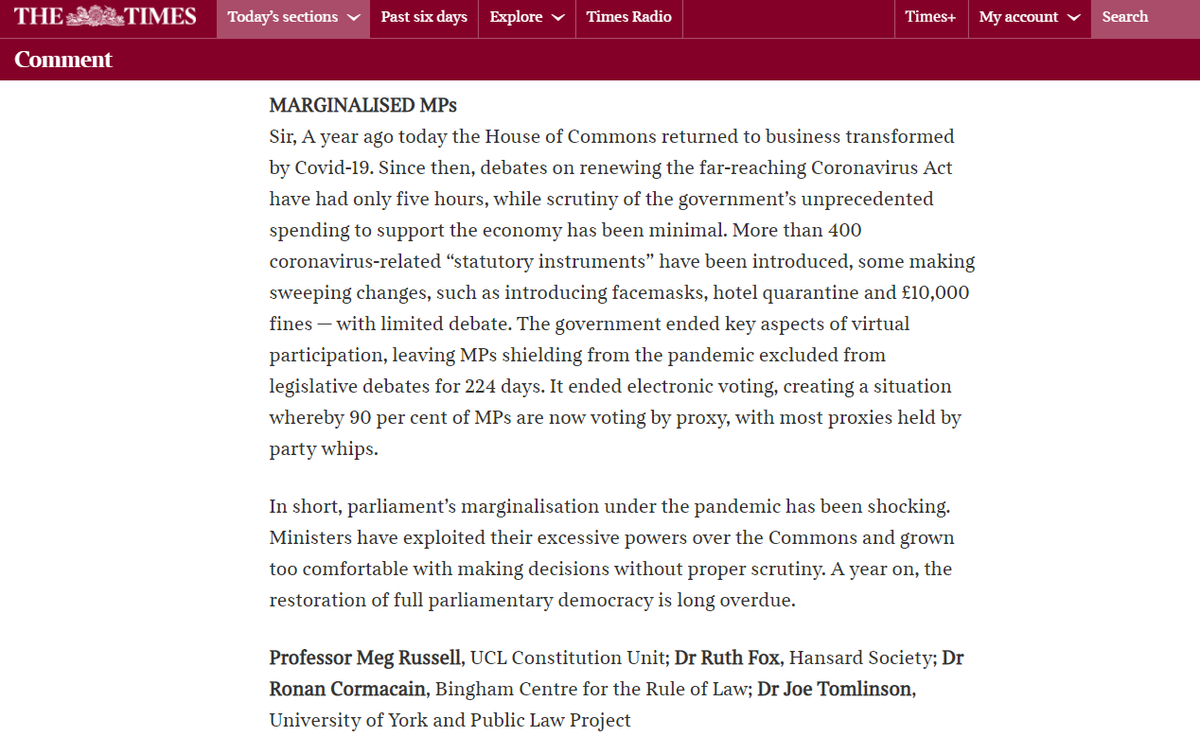
The UK's leading research centre on constitutional change.
This account is rarely used.
Follow us on Bluesky 👇
4 subscribers
How to get URL link on X (Twitter) App


 David Frost's subsequent comments are quite well known.
David Frost's subsequent comments are quite well known.

https://twitter.com/DarranMarshall/status/1524065734132965378



 Project lead @alanjrenwick introduced Weekend 4 and provided an overview of how the public is involved in the UK democratic system.
Project lead @alanjrenwick introduced Weekend 4 and provided an overview of how the public is involved in the UK democratic system.
https://twitter.com/ConUnit_UCL/status/14354679364545576962/

 The six-week consultation was initiated by the Working Group on Unification Referendums on the Island of Ireland in the summer of 2020 and received
The six-week consultation was initiated by the Working Group on Unification Referendums on the Island of Ireland in the summer of 2020 and received 



 It's 3 days before (what's left of) Christmas, so there will be no full analysis now.
It's 3 days before (what's left of) Christmas, so there will be no full analysis now.